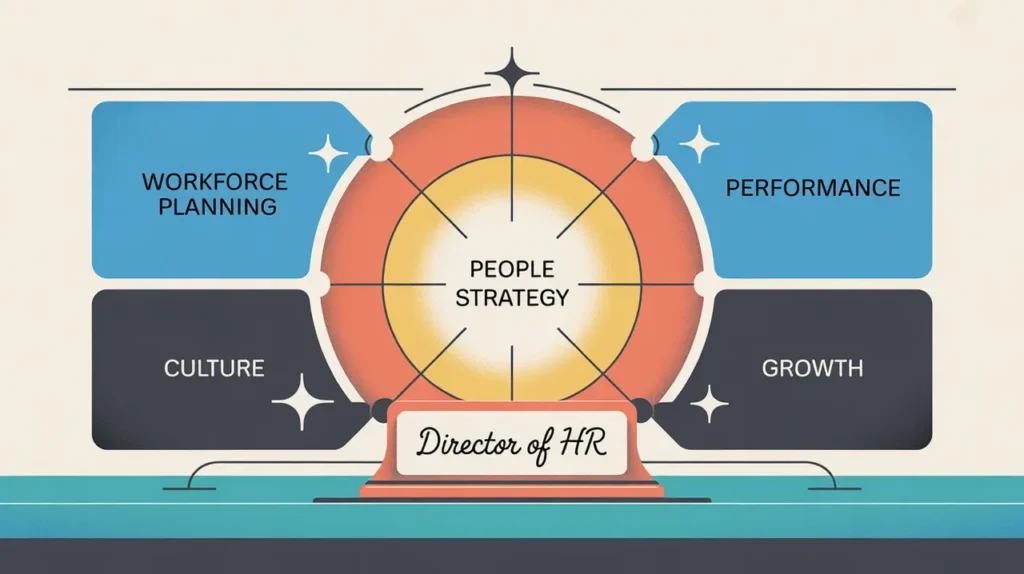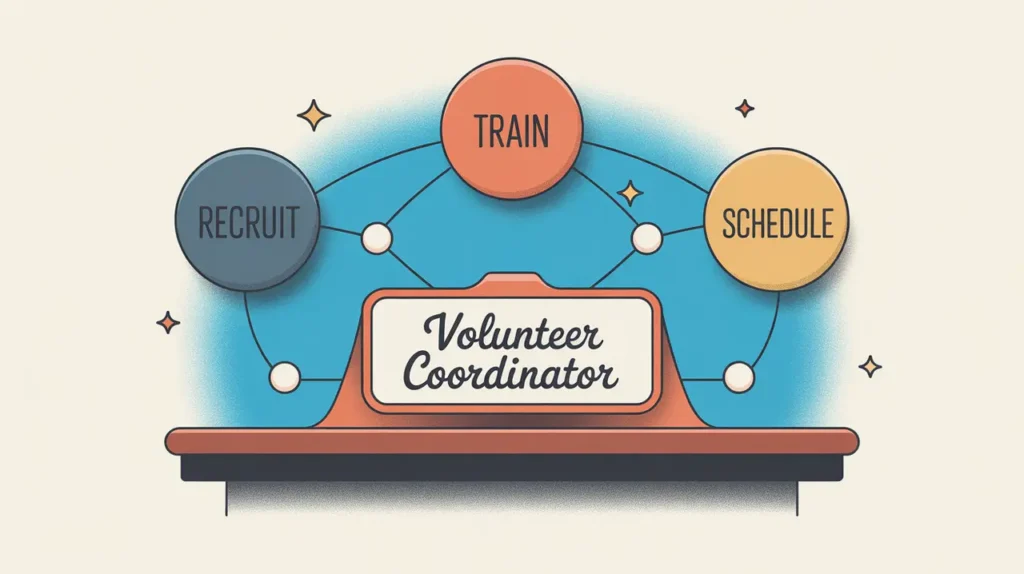What Does the Volunteer Assistant Role Involve?
A Volunteer Assistant is responsible for providing administrative and logistical support to volunteer programs. They help coordinate recruitment, onboarding, scheduling, communications, and basic data management related to volunteers. Their work ensures that volunteer activities are well organized, that volunteers receive timely information, and that program staff have the support needed to engage volunteers effectively.
In nonprofits and social enterprises, Volunteer Assistants play a key role in sustaining volunteer programs that extend organizational capacity, enabling programs and services to reach more communities.
At What Level does this Role Operate?
Entry Level: Volunteer Assistants typically report to a Volunteer Coordinator, Volunteer Manager, or Program Officer. They work under structured guidance, focusing on clerical tasks, communications, and support functions. This role often serves as an entry point for individuals interested in nonprofit operations, community engagement, or program administration.
Relative Employability: Volunteer Assistant roles are common in nonprofits, NGOs, and community-based organizations with active volunteer programs. They offer a clear entry path for individuals looking to build careers in volunteer management, community outreach, or nonprofit program operations.
Relative Pay Scale: Volunteer Assistants generally occupy the lower pay bands, similar to other assistant-level administrative roles, reflecting their focus on support functions.
What are the Key Responsibilities and Activities?
- Provide administrative support for volunteer recruitment, onboarding, and scheduling
- Manage volunteer databases or spreadsheets, ensuring information is accurate and up to date
- Communicate with volunteers through emails, calls, or messaging platforms to share information and updates
- Assist with the preparation of orientation materials, handbooks, or training sessions
- Support logistics for volunteer activities and events, including sign-ins, supplies, and space coordination
- Record volunteer hours and maintain attendance or contribution records
- Support the distribution of feedback forms, surveys, or post-engagement communications
- Help address routine volunteer inquiries and escalate complex issues to coordinators or managers
What Core Competencies and Qualifications are Needed?
Required Qualifications and Experience
The following reflect common qualifications and experience expected for this role, while recognizing that pathways may vary by context, organization, and region.
- Relevant academic background or vocational training in administration, communications, or nonprofit studies is helpful but not always required
- Experience in administrative or community support roles is advantageous
- Proficiency with office software, databases, or volunteer management tools
- Strong organizational and communication skills
- Ability to manage multiple tasks and maintain attention to detail
Key Competencies
- Strong organizational and record-keeping abilities
- Clear and professional communication with volunteers and staff
- Reliability and consistency in following procedures
- Collaborative mindset and team orientation
- Empathy and interpersonal skills for engaging with diverse volunteers
- Flexibility to adapt to changing volunteer program needs
How are AI and Automation Shaping this Role?
An AI-native Volunteer Assistant can use AI tools to automate scheduling, send reminders and follow-up messages, manage volunteer databases, and generate reports on volunteer participation. AI can also assist in screening applications, drafting communications, and identifying scheduling gaps, allowing assistants to focus on relationship-building and program support.
What Career Pathways and Transferable Skills are Associated with this Role?
Volunteer Assistants can progress to roles such as Volunteer Coordinator, Volunteer Manager, Program Officer, or Community Engagement Specialist. Their skills in organization, communication, and logistical support are transferable to broader administrative, programmatic, and outreach roles within nonprofits and social enterprises. Over time, they may take on responsibility for volunteer strategy, partnerships, or leadership of larger volunteer programs.







